Feminist Dissent stands in solidarity with Teesta Setalvad, a fearless feminist civil rights campaigner and journalist in India, who was arrested on June 25, 2022 for her defence of human rights.[1] She has been involved in the successful prosecutions of 119 of the perpetrators of the massacres in Gujarat in 2002. This has made her a target of harassment by the authorities. We are deeply concerned for Teesta’s safety and for that of the two whistleblowing police officers Sanjeev Bhatt and R B Sreekumar, who have also been taken into custody.
Feminist Dissent is also extremely shocked by remarks made by India’s Supreme Court on June 24, 2022 in dismissing the Zakia Jafri-Citizens for Justice and Peace (CJP) Special Leave petition pressing for accountability from those under whose watch the massacres occurred. This includes the then Chief Minister of Gujarat and current Prime Minister Narendra Modi as well as 62 other government and party officials at the time. In its dismissal of the petition, the 3-judge bench at the Supreme Court suggested that human rights activists like Teesta Setalvad were part of a larger conspiracy and were continuing to press the cases for “ulterior motives”. Through this accusation, the highest court has opened the doors for the arrest and harassment of human rights advocates, campaigners and activists. This has been widely condemned as unconstitutional.
Teesta Setalwad’s arrest on the 47th anniversary of the national Emergency that had abrogated all civil rights and suspended the Indian Constitution, and the Supreme Court’s recent remarks, suggest that Indian democracy is in great peril once again. We urge immediate action to ensure the release of Teesta and other human rights advocates who are currently in jail without trial.
On June 25, 2022, Teesta Setalvad was arbitrarily arrested by the Anti-Terrorism Squad of Gujarat Police who entered her home in Mumbai without a warrant, physically assaulted her and took her into detention. The arrest followed the dismissal by the Supreme Court of the plea filed by eighty year old Zakia Jafri, whose husband Ehsaan Jafri had been hacked to death in his home in Gulberg Housing Society by Hindu mobs on February 28, 2002. The petition was filed jointly by Citizens for Justice and Peace (CJP), an organisation co-founded by Teesta to fight for justice for the victims of the 2002 Gujarat violence in which over 2,000 Muslims were killed. The massacres were accompanied by mass rapes, arson and destruction of Muslim homes and livelihoods. The petition challenged the Special Investigation Team (SIT)’s “clean chit” to 64 accused people, and had sought a criminal trial of the then Chief Minister of Gujarat (and current Prime Minister of India) Narendra Modi and 62 other politicians and government officials under whose watch the violence of 2002 had unfolded. The leave petition charged them of directly fomenting and abeting violence, ignoring intelligence warnings about the impending violence and subsequently destroying evidence. It must be remembered that the National Human Rights Commission had pointed out that investigation and prosecution was not being properly carried out in nine of the key cases against perpetrators, following which, in March 2008, the Supreme Court had appointed an SIT.
In a revanchist move, the Gujarat police arrested Teesta Setalvad just one day after the Supreme Court’s decision. She was accused of fabricating evidence, misappropriating funds, and conspiring to destabilise the state government. As the arrest happened on the anniversary of the Emergency imposed on the country by Indira Gandhi in 1975 in which all civil liberties had been suspended and mass arrests of opposition leaders and dissenters to the regime were carried out, it is a chilling reminder of the dangers of erasing the separation of power between the judiciary and the government and the continuing fragility of Indian democracy. The continuing incarceration of the Bhima Koregaon 16 (among whom are academics, Adivasi rights activists, poets, lawyers, activists, writers and cultural practitioners) and of numerous other activists fighting to uphold human rights and the Constitution points to a concerted move by the government to squash all dissent.[2]
In dismissing the special petition of Jafri-CJP, the judgement called out the petitioners for “the audacity to question the integrity of every functionary involved in the process of exposing the devious stratagem adopted (to borrow the submission of learned counsel for the SIT), to keep the pot boiling, obviously, for ulterior design. As a matter of fact, all those involved in such abuse of process, need to be in the dock and proceeded with in accordance with law.”[3] In a clear sense, the Court gave permission, if not encouragement, for the state to arrest and detain Teesta and the retired whistleblowing police officer R B Sreekumar. As the sociologist Nandini Sundar put it, “The judgement…reverses the blame for pendency and delay onto the petitioners, as if persevering in the cause of justice for years is a crime”. She points out that the petitioners had raised “the principle of ‘command responsibility – an accepted principle in international humanitarian law – but this was clearly not a road the Supreme Court wanted to go down”.[4] The eminent civil rights lawyer Prashant Bhushan, referring to the Supreme Court’s remarks about Setalvad and other whistleblowers, noted that it was “unprecedented for a constitutional court that is tasked as the custodian of people’s fundamental rights and is mandated to be a neutral arbiter of justice at the highest level”. He went on to write: “It is appalling for the Supreme Court to openly prod the authorities to bring to book those who fearlessly and selflessly undertook a difficult battle against the State and police authorities at all levels of the judiciary for many years, with the hope to bring justice to the victims of the 2002 Godhra riots.”[5] Senior Supreme Court advocate Kamini Jaiswal has also reportedly said that the opinions noted in the judgement were “unconstitutional” and “violate(s) every tenet of law and fundamental rights.”[6]
Amnesty International India has said that the arrest is a clear example of “direct reprisal” by the state against human rights activists.[7] Meenakshi Ganguly of Human Rights Watch stated that the arrest amounted to a “crackdown on civil society”.[8] The Observatory for the Protection of Human Rights Defenders, a partnership of the World Organisation Against Torture (OMCT) and the International Federation for Human Rights (FIDH), has demanded urgent international intervention into the case. In a statement, it said that Teesta was detained “in retaliation to her legal actions seeking truth, justice, and reparation for the victims of the 2002 Gujarat communal riots, a series of acts of religious violence targeting the Muslim community”.[9]
As far back as 2015, the eminent human rights lawyer Indira Jaising had said: “The case against Teesta smacks of a plan to deter her from assisting victims of the Gujarat 2002 riots. The financial dealings of Teesta and CJP can be probed, but the disproportionality of the legal process, the timing, and the insistence of the prosecution on custodial interrogation, smack of vendetta”.[10]
Teesta Setalvad has a long and unsurpassable record as a passionate advocate for the secular ideals enshrined in India’s Constitution, and has been a tireless campaigner for justice for victims of communal violence. She has been indefatigable in the face of unbelievable threats and danger to her life and liberty. In 1993, Teesta founded the monthly magazine Communalism Combat in the aftermath of the destruction of the Babri mosque in Ayodhya by Hindu fanatics led by the Bharatiya Janata Party (the party currently in power), the Vishwa Hindu Parishad or the World Hindu Council and its family of right-wing Hindu supremacist organisations known as the Sangh Parivar. The demolition was accompanied by riots and bomb blasts and orchestrated the growing entrenchment of communal hatred and bigotry between Hindus and Muslims.
In February 2002, Gujarat witnessed one of the most horrific instances of violence against Muslims. In the wake of those pogroms, in April 2002, Teesta co-founded the group Citizens for Justice and Peace (CJP) to represent the victims of the massacres. Since then, CJP has been involved in pursuing court cases against the perpetrators of the violence. So far about 119 of the perpetrators have been brought to justice.
We at Feminist Dissent stand in solidarity with Teesta Setalvad and with the secular values that she has been fighting for and that are enshrined in the Indian Constitution. Further, we assert that the right to dissent is an integral part of any democracy, and in attempting to throttle that right, India stands to lose its position in the world as a leading democracy.
We urge the Indian government to release Teesta Setalavad and whistle-blower officials retired Indian Police Service officers R.B. Sreekumar and Sanjiv Bhatt.
We urge the international human rights community and all citizens who believe in democracy and the right to dissent to come together in solidarity with Teesta Setalvad.
You can add your voice to our solidarity statement by circulating it widely and adapting it to reflect your concern.
You can write to the Indian government or to the Indian embassies and high commissions in the country where you reside.
You can send messages of solidarity to Teesta Setalvad on social media
Free Teesta Setalvad! Free Teesta Now!!
[1] https://www.nytimes.com/2022/06/26/world/asia/india-activist-arrested-modi-gujarat-riots.html. See also https://www.aljazeera.com/news/2022/6/26/indian-police-arrest-gujarat-riots-victims-advocate
[2] https://scroll.in/latest/1021938/india-among-top-10-countries-to-jail-writers-academics-in-2021-shows-pen-americas-report. See also: https://www.newslaundry.com/2021/01/02/bhima-koregaon-case-three-years-of-legal-and-rights-violations
[3] Para 88, pp. 304-5.
[4] https://thewire.in/rights/setalvad-sreekumars-real-crime-was-raising-the-question-of-command-responsibility
[5] https://thewire.in/law/zakia-jafri-case-supreme-court-favour-bjp-narendra-modi
[6] https://cjp.org.in/indian-intelligentsia-bats-for-teesta-setalvad/
[7]https://twitter.com/AIIndia/status/1540701002772250625?s=20&t=jfHp4KTPYELMS14jMHgS0w
[8]https://twitter.com/mg2411/status/1540676490701852672?s=20&t=EGoj47GvTxnu8lOY2XUxHg
[9] https://thewire.in/rights/release-teesta-sreekumar-margaret-atwood-other-eminent-canadians-urge-president-cji
[10] https://www.outlookindia.com/magazine/story/why-i-stand-by-her/293486

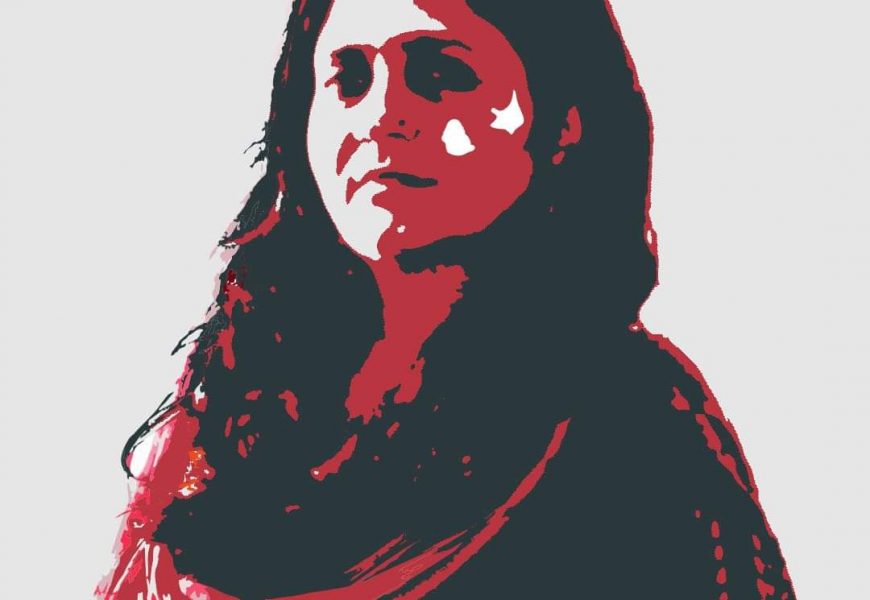



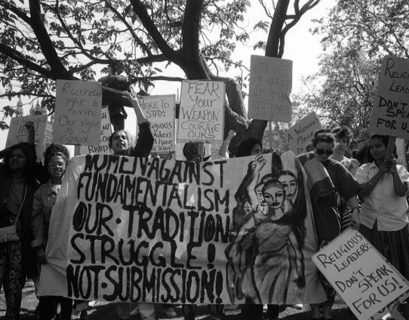

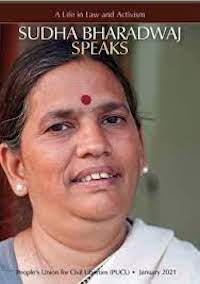
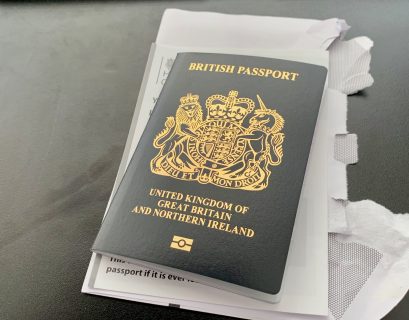


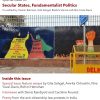


.jpg)

